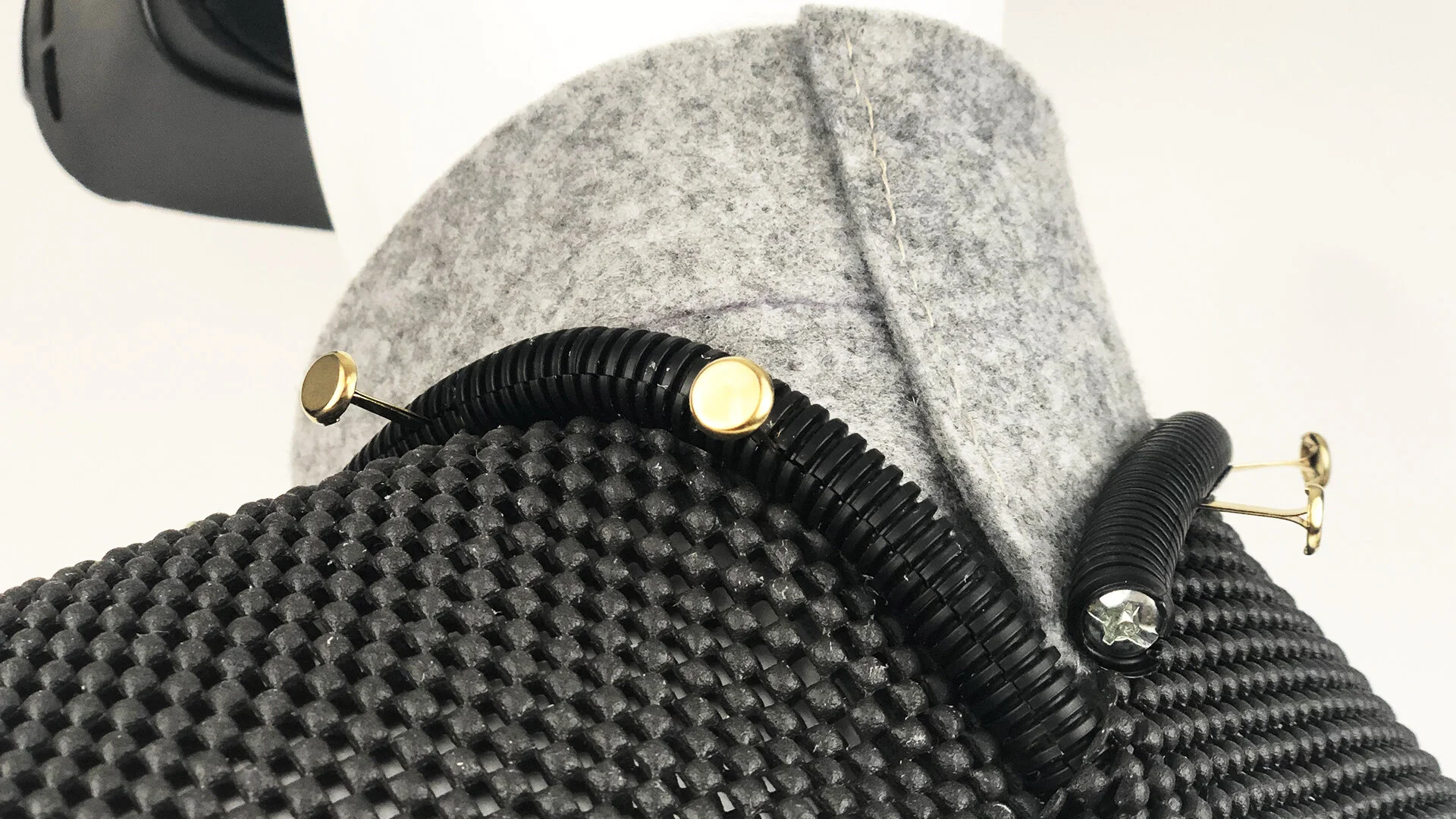When harassment has become a feature of online communities, what does safety look like as we expand our social life to a virtual one?
THESIS OVERVIEW
Oculus Rift may not have been on your radar, but the introduction of this virtual reality headset signals a new technological movement: immersive technology for commercial use. In early 2014, Facebook acquired Oculus. In 2019, they released the latest version of social VR, Horizon. Despite being one of the leaders in the tech industry, Facebook’s history of misusing personal data does not assure safety for future users of social VR.
Anonymous social interactions in VR can be especially unsafe for women. The first account of cyber-rape was in 1993, described in an article for the Village Voice, an American news and culture publication. The act occurred on an all- text multiplayer computer game called LambdaMOO. Fast forward to 2019: social interactions in VR transformed into an even more immersive experience, incorporating audio, visual, and spatial perception in the user interaction. In 2016, platforms such as VRChat and AltSpaceVR were scrambling to send out apology letters to victims of sexual harassment and announcing the development of mechanisms for setting personal boundaries in VR.
Power Play is a Master’s Design Thesis that addresses issues around social VR, virtual abuse, and unregulated technology. It presents a series of design provocations that range from reactive tools providing agency to victims to proactive tools that nurture empathy in future VR users.
TYPE
Research, Product Design, Experience Design
TIMELINE
15 weeks
(2019)
CONTEXT
MFA Products of Design
School of Visual Arts
GUIDANCE FROM
Allan Chochinov, Brent Arnold, Emilie Baltz
THE CHALLENGES
SOCIAL VR
There are around 4 million accounts on VRChat, the most active social VR platform as of 2019. Social VR opens up the third dimension that Twitter, Instagram, and Facebook cannot provide—a simulation of physical space that carries the nuances of body-to-body interactions.
VIRTUAL ABUSE
Harassment has become a “feature” in online communities as anonymity provides harassers with a layer of protection. But what about protection for users with female avatars or a female voice that we cannot disguise?
UNREGULATED TECHNOLOGY
GDPR has only been implemented last year in 2018, and only in the EU. The Facebook—Cambridge Analytica scandal in the same year reveals the misuse of technology and the consequences of unregulated technology. As VR platforms fall under cyberspace communication laws, acts such as avatar rape and groping are not considered physical attacks. What will be the future for users of social VR?
MY APPROACH
This early investigation formulated my approach to this thesis: Starting from designing reactive tools and providing agency to victims to proactive tools that nurture empathy in future VR users.
*This thesis acknowledges the positive impact of social VR that could help with gender dysphoria, gender fluidity, and social anxiety. However, Power Play presents a female perspective and our struggle to handle harassment of a sexual nature that carries through from real life to virtual life.







